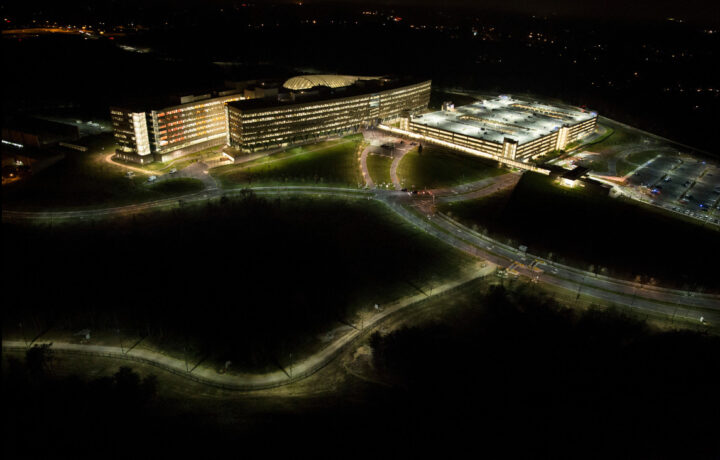U.S. Customs and Border Protection (CBP) is making some serious moves to beef up its law enforcement workforce. A new Government Accountability Office (GAO) report reveals that after years of missing staffing targets—and as border encounters surge—CBP is leaning into incentives and reforms to turn things around. In 2024, Border Patrol began offering hefty recruitment bonuses of up to $30,000, with a $20K baseline sweetened by an extra $10K for those willing to serve in remote locations. Other efforts include streamlined hiring processes, digital application steps, and more flexible policies on prior marijuana use—all of which appear to be nudging metrics like time-to-hire and applicant yield in the right direction.
Despite these strides, challenges remain. Attrition still outpaces hiring in critical roles like Border Patrol and Air Interdiction Agents. With a large chunk of the current workforce nearing retirement age by 2027, CBP is bracing for a potential wave of departures. To soften the blow, the agency has implemented retention bonuses, launched exit surveys to gather feedback, and expanded health and wellness initiatives to combat morale issues. The bottom line: CBP is taking a multi-pronged approach to staffing up, but with the clock ticking on retirements and a tough recruiting environment, the pressure to keep innovating won’t be easing anytime soon.
Contract Opportunities: Lockheed Martin
Lockheed Martin just secured a major win in the intelligence space—a $615.7 million contract from the National Geospatial-Intelligence Agency (NGA) for its GEOINT Collection NeXT (GCX) initiative. This seven-year indefinite-delivery/indefinite-quantity contract is a major step toward sustaining and modernizing NGA’s GEOINT Information Management Services (GIMS). GIMS acts as the nerve center for handling geospatial intelligence across the Intelligence Community, and the GCX contract will ensure it stays sharp and evolves with emerging tech demands.
This isn’t Lockheed’s first rodeo with NGA. Last year, the company landed a $191 million Strata contract focused on improving online, on-demand access to GEOINT products. Lockheed also shares in a $794 million contract for R&D support alongside other industry giants.
Key Employer in the Cleared Industry: ManTech
ManTech is hiring for TS/SCI w/ Polygraph cleared Software Developers, Cyber Software Engineers/Reverse Engineers, Cyber Analysts, Data Engineers for our Intel Division in Maryland, Colorado, Texas, and Virginia. ManTech also has additional needs for Software Engineers and Data Scientists across all clearance levels and federal sectors, nationwide. Reach out to James Bowyer at ManTech for more information.
SPONSORED CONTENT: This content is written on or behalf of our Sponsor.
Cleared Opportunities
Contractors supporting the Department of Defense should start sharpening their cybersecurity pencils—change is coming. On May 15, the DoD released a memorandum outlining its Organization-Defined Parameters (ODPs) for NIST Special Publication 800-171 Revision 3, a move that could soon upend the compliance landscape. While Revision 2 remains the current standard under DFARS 252.204-7012, the DoD’s announcement strongly hints that Rev. 3—and its expanded controls—may soon become mandatory under both DFARS and the Cybersecurity Maturity Model Certification (CMMC).
So what’s new in Rev. 3? It adds technical muscle and specificity, introducing fill-in-the-blank style ODPs that agencies can customize to suit their mission needs. The DoD’s choices so far include tighter timelines (like deactivating dormant accounts within 24 hours), mandatory use of FIPS-validated encryption, and greater supply chain accountability. Although these requirements aren’t in effect yet—thanks to a class deviation that keeps Rev. 2 in place for now—contractors are being urged to get a head start. Reviewing and adapting to the new parameters could be key to staying ahead of the curve as the DoD prepares to hardwire these enhanced standards into its cyber compliance framework.





